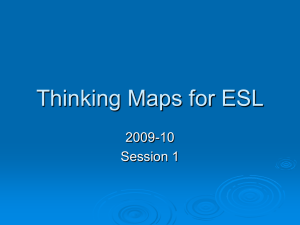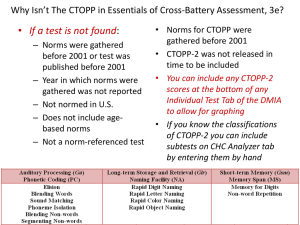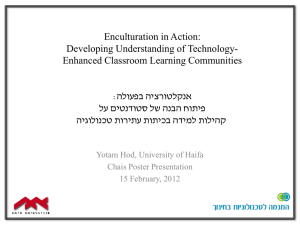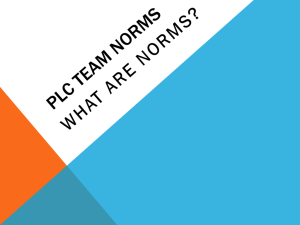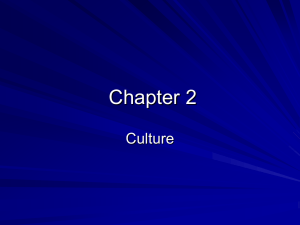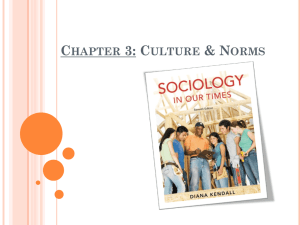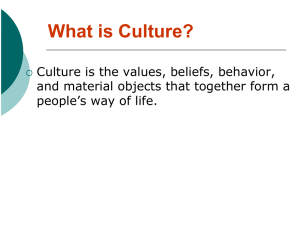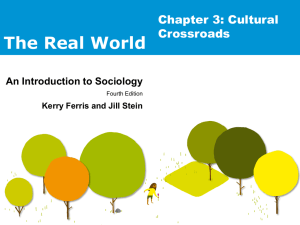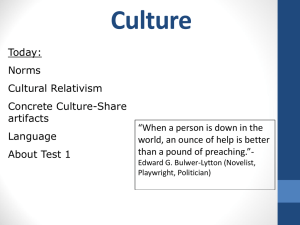Family Values and Norms
advertisement
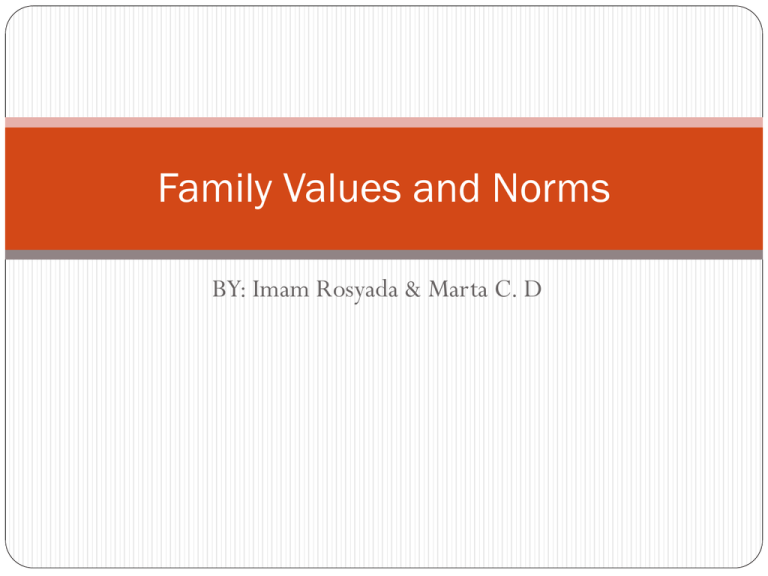
Family Values and Norms BY: Imam Rosyada & Marta C. D The definition of family values and norms Value Value (value) is abstract conceptions in human, about what that constitutes good and considered bad. In another formulation, the value is a belief in something, whether something is appropriate or inappropriate, it is important or not important, noble or despicable. Something that can be objects, people, actions, experiences, and so on (1). While the value of family is a system of ideas, attitudes, and beliefs about the value of a whole or a concept that consciously or unconsciously tying keep inside the entire family in a common culture (2). These values serve as general guidelines for behavior and in family values are guiding the development of rules and family values. The definition of norms Norm is a measurement used by communities to measure whether actions taken are reasonable and actions are acceptable or deviant actions (3). Norms are patterns of behavior considered to be the rights of a particular society and patterns of such behavior is based on the value of the family. Family culture is a source of value systems and norms of principal of a family. Instead, the family group is a major source of belief systems, values, and norms that define individual understanding on various things (2). Different values and norms of family Norma is forced value is subjective For example, in a family is required to dinner together in a single table. So the children and all family members must comply with this. This is done because the parents think that eating together is very good to increase the sense of togetherness and openness. Problems that may arise The difference of values of cultural background in the family The problem that often arises in the family is the conflict of values. Such as when there is a family that consists of a Javanese and another comes from a family that embraces Bataknese culture. There are so many differences that arise between them. For example, in terms of language and communication. Javanese people accustomed to communicating with a soft voice, calm, and slowly. When married with the Bataknese, in the early days of marriage will feel the difference with the Batak people in terms of communication. People accustomed Bataknese communicates with a rough, loud voice. Differences generation The value is not static. Values developed in accordance with the development. This will lead to different values embraced by a generation with the previous generation. For example different values adopted by the grandfather and grandson. Grandfather uphold traditional values but his grandson holds the value of the developing or emerging (2). Benefits data for nurses Providing knowledge to the nurses about the values and norms shared by members of the family By knowing the values and norms are adopted, the nurse will know about the language used, nonverbal language indicated by the client. Cleaning habits, eating habits, abstinence of certain foods, the perception of pain associated with daily activities, etc. (4) By knowing the values and norms are adopted, the nurse can adjust to the values and norms adopted by these families and know the background of the use of values and norms within the family. By knowing the values and norms within a family will allow nurses in the nursing process next. REFERENCES Santosa, Agus. 2009. Nilai dan Norma Sosial. Diakses dari: http://agsasman3yk.wordpress.com/2009/09/01/nilaidan-norma-sosial/ pada tanggal 9 November 2010 Friedman, Marilyn M.1998. Keperawatan Keluarga Teori dan Praktik. Jakarta: EGC Nurherbyanti, karina. 2008. Nilai dan Norma Sosial. Diakses dari: http://pelangisosiologisma.blogspot.com/2008/09/nilai-dan-normasosial.html pada tanggal 9 November 2010 Sudiharto.2007.Asuhan Keperawatan Keluarga dengan Pendekatan KeperawatanTranskultural.Jakarta: EGC


